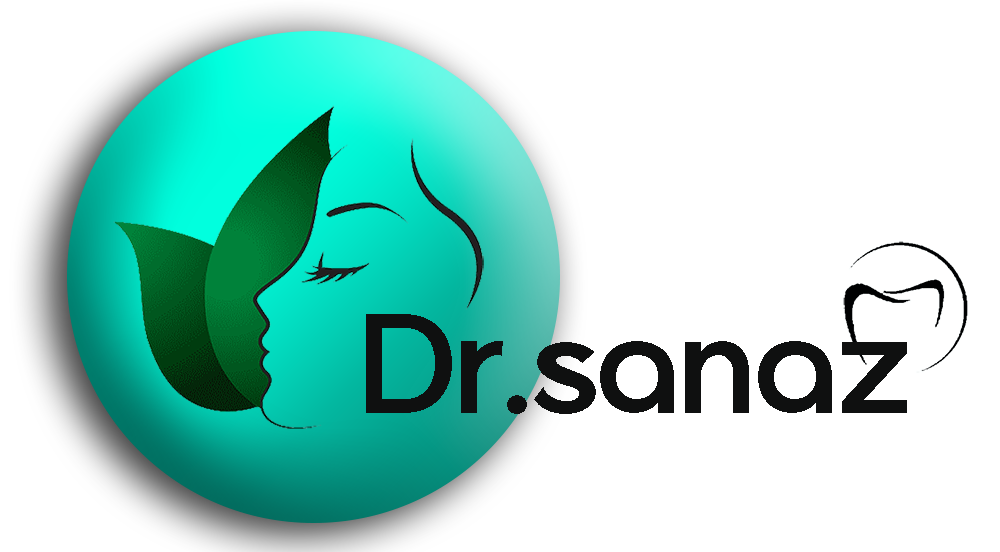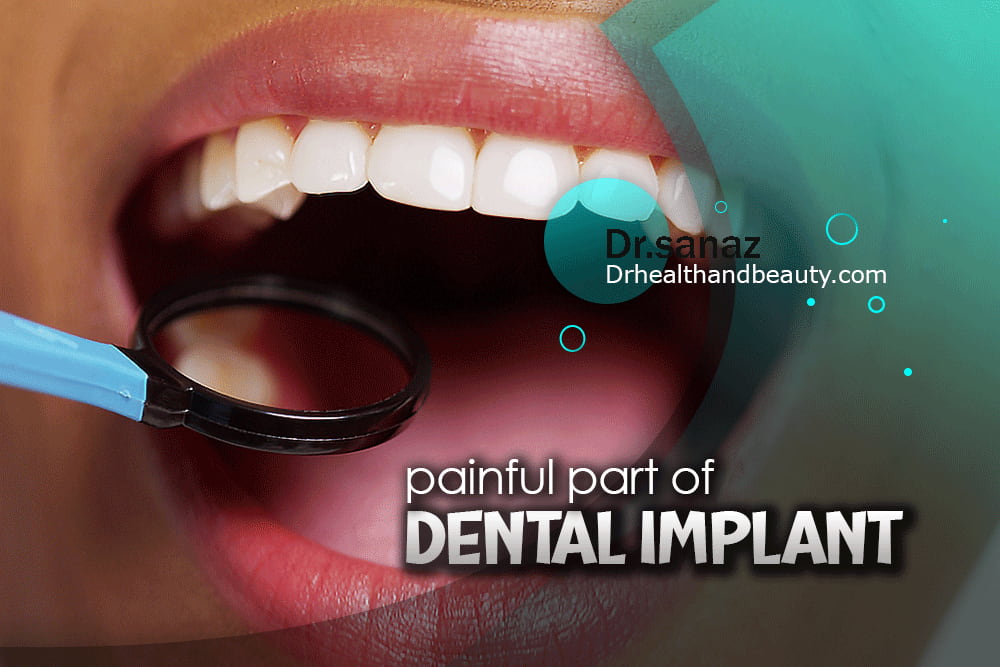

How Do I Know What Kind Of Toothache I Have?
Table of Contents
Toothache is a protective mechanism ranging from mild sensitivity to severe pain, letting the body know something is wrong. In the case of teeth, this problem occurs due to the reaction of the nerve terminals inside the dental pulp, and diagnosing its severity depends on the type and intensity of the stimulus.
Pains related to teeth and of dental origin can be classified based on the time the pain lasts, the duration of the pain, the intensity of the pain, etc. In this article from dehealthandbeauty, we will discuss the types of toothaches and their characteristics and diagnosis.
Related: “Top 10 Root Causes Of Dental Pain“

Diagnosing the cause of toothache with the type of pain
Sometimes, many people only say, “I have a severe toothache,” and the exact location and type of pain are unclear to them and can not diagnose because the pain has the property of spreading and spreads to the surroundings or ears and throat and causing sensitivity and discomfort in these areas.
However, by specifying the type of pain and its location, it will be much easier to diagnose the cause of toothache.
In that regard, reading the article “Tooth Pain, No Cavities, Treatment, And Remedies” would be helpful.
Tooth sensitivity to cold and heat after tooth filling
This pain sometimes occurs after deep fillings close to the nerve, and if the filling is new, this sensitivity may last for 2-4 months; of course, the level of this sensitivity should decrease.
If possible and tolerable. Pain bear with this pain; if this sensitivity and toothache increase and continues, you should see a dentist. To check the filling and diagnose its amount and correct it if needed.
Moreover, if the filling is related to before and is placed on the denervated tooth, it is possible that your tooth has suffered from decay and needs re-endodontic treatment.
Related: ‘What To Do With Tooth Sensitivity“

Short and momentary pain when eating and drinking hot and cold foods
Various factors cause this type of toothache; the cause of this pain may be a slight decay in your tooth. You should go to the dentist immediately and before the progress of caries, And take action to remove the rottenness and fill the tooth.
Moreover, if your tooth has already been treated, the previous filling may have a problem and need to be restored. If the level of decay has progressed and the so-called tooth has reached the nerve, there is a definite need for diagnostic root canal treatment.
Another cause of this pain is the decay of the gums around the teeth. You must see a dentist to check the cause and treatment. Moreover, if needed and with their diagnosis, if your gum recession is caused by dental calculus, scaling, and if the amount of gum recession is more, gum surgery should be performed.
Related: What To Do With Tooth Sensitivity

Pain for 10 to 20 seconds after consuming cold and sweet food
It is possible that the decay of your tooth causes the cause of this pain, and it is better to see a dentist before the progress of decay rate and reaching the nerve of the tooth for proper diagnosis. Moreover, proceed to repair and fill the tooth.
Sharp and stabbing tooth pain when chewing
The cause of this pain may be caused by decay, fracture, or crack in the tooth, and if your tooth has already been treated, your toothache may be caused by tooth rottenness again or the loosening of the previous filling. that you should act quickly and before the progress of decay or more damage to the tooth, for diagnosis, restoration, root canal treatment or re-root canal treatment.
This depends on the amount of tooth damage and the infection’s progress.

Pain after eating food
Often, this pain is caused by an increase in the tooth decay rate, and the infection may have reached the pulp or root of the tooth, so they say that the tooth has reached the nerve.
This type of pain usually increases at night. Moreover, this toothache at night causes insomnia and discomfort at night. In this case, you should immediately visit a dentist for treatment.
If the decay is superficial, the tooth decay will be eliminated the tooth will be repaired. Moreover, if your tooth has reached the nerve, proceed to root canal treatment.
Throbbing pain after consuming hot food
This type of pain usually increases at night. It may be due to the decay of your tooth, and it is even possible that it has reached the pulp of the tooth; in this case, you should immediately visit a dentist for diagnosis and treatment.
If the decay is superficial, the tooth decay will be eliminated, and the tooth will be restored. Furthermore, if your tooth has reached the nerve, proceed to root canal treatment.

Continuous and long toothache
This pain is usually related to a tooth infection, and the cause of your tooth infection must be determined first. If your tooth infection is caused by tooth decay, then you need to treat the root if the decay is more severe.
Moreover, suppose the cause of the tooth infection is related to the gums, according to the diagnosis and opinion of the period (gums) specialist and the conditions of the gums. In that case, you should treat the gums and perform gum surgery.
Related “Tooth Infection Swelling“
Constant and intense pain with pressure and swelling of the gums
The cause of this pain is a tooth abscess and tissue infection around the jaw bone; first, the infection and inflammation of the tooth should be reduced under the supervision of a dentist by taking antibiotics, and then the related treatment, including root canal treatment, gum treatment, and in case the infection progresses and the inability to maintain the tooth, tooth extraction and surgery, and then implant start.

Dull pain and feeling of pressure in the upper teeth of the upper jaw
Most of these pains are caused by sinusitis. Moreover, if your dentist diagnosed that your pain is caused by sinusitis, You should see a doctor for treatment.
Pains in the joints and jaw muscles that are felt in the morning.
Experiencing this pain, especially in the morning, is due to teeth grinding at night, which happens unconsciously. Moreover, the cause of teeth grinding must be determined first for treatment.
However, to treat grinding teeth, you should generally reduce stress, anxiety, and psychological pressure and use a night guard as diagnosis and prescribed by the dentist, which is used while sleeping.
Related: “Temporomandibular Joint Disorder ( TMD ) Causes And Remedies“

Constant and intermittent pain in the jaw, throat, and ears
It is possible to feel this type of pain along with throat burning and pain in other places and symptoms including:
Pain, inflammation, and infection in the wisdom tooth itself, adjacent teeth, or jaw
Difficulty swallowing or opening the mouth
Pain in throat, ear, head, and left or right side of face and neck
The feeling of this type of pain is often related to the wisdom tooth, which is determined by a visit or Dental imaging and under the supervision of a dentist.
Because it is possible that the wisdom tooth is hidden or semi-hidden and has no outward symptoms to diagnose, and only pain and swelling of the gums, be felt.
Therefore, it is better to perform wisdom tooth extraction or surgery to prevent possible damage and complications. Because in addition to pain and infection, it also causes damage to other teeth.
Related: “What Should I Do With The Pain Of Wisdom Tooth Decay?“
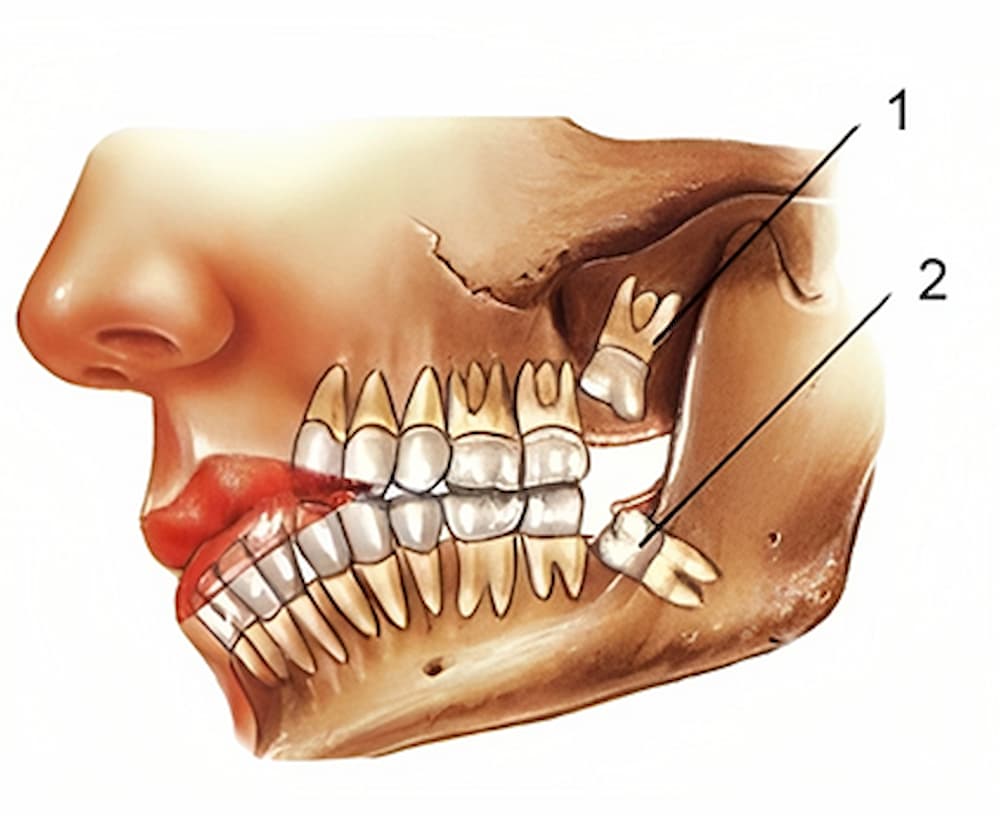
Loose or crooked teeth
This pain may be due to periodontal disease (gum disease), which causes swelling and inflammation of the gums and the loss of tissue around the tooth and its loosening.
Therefore, you should go to a dentist to diagnose the cause of the pain and finally to a period (gum) specialist for treatment.
In this situation and according to the tooth’s position and if it is an anterior tooth (front teeth), an attempt is made to preserve the teeth by using bone powder and gum surgery.
Moreover, if the posterior teeth (end teeth) have complications, they may perform tooth extraction or dental surgery according to the dentist’s diagnosis and the tooth’s condition.
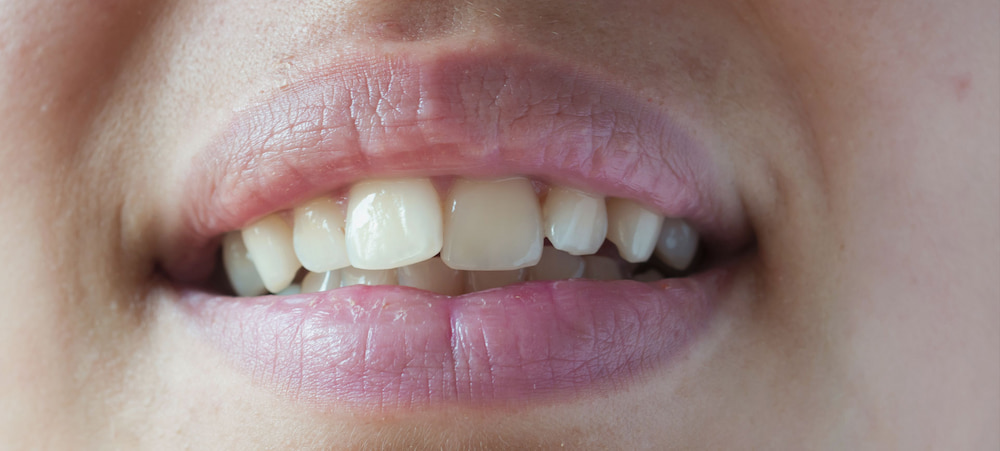
Oral and dental ulcers
Mouth ulcers can have different types and causes; common conditions, such as cold and cold sores, have various factors involved in these oral complications. Including:
- Genetic factors
- Stress
- Lack of oral hygiene
- Allergy to food or use of contaminated food
- Deficiency of vitamin B12 and folic acid in the body
- Presence of herpes virus in the body
- Some diseases
And …

Feeling pain in all the jaw, mouth, and teeth
Sometimes a person may feel pain continuously or intermittently after consuming hot and cold food or at night in the entire mouth and teeth space; in this case, the possible possibility is:
- Decay and infection in some teeth
- Reaching the nerve of the tooth
- wisdom tooth pain
- Treated toothache (nerved, coated, etc.)
Furthermore,… it is.
Moreover, because pain’s nature is such, it spreads and causes pain around the principal place of pain. It is difficult to diagnose the source of the pain and the damaged tooth; the tooth’s appearance may be healthy and decay-free.
As a result, only by dental imaging and examining the condition of the teeth and roots by a dentist or specialist can the origin and leading cause of the pain be determined, and the necessary treatment can be performed.
Related: “Bad Breath Like Rotten Eggs ( Causes And Remedies.”
Why do toothaches hurt more at night?
At night, due to our sleeping position, the pressure of the entire head increases, which increases the internal pressure of the blood vessels inward of the teeth; therefore, with the increase in blood pressure, there is more pressure on the nerves. The tooth feels painful. Therefore, the patient with this problem, while sleeping, gets up and walks.
Drinking cold water can also help to relieve their pain because cold water reduces the pressure of the dental vessels and relaxes the nerves adjacent to the tooth. Also, washing the teeth with salt water can lead to tooth pain treatment because water Salt is an anti-bacterial solution and will temporarily soothe your teeth against infection.
Conclusion
Toothache is a problem that everyone has experienced at least once in their life. In addition to being very annoying, toothache can signify more severe problems such as tooth decay or gum disease. Therefore, if your toothache has been bothering you for a long time and has been bothering you for several days, you should not ignore it.
Toothache is an uncomfortable feeling that can be felt since childhood when the first tooth erupts. In addition to this feeling of pain caused by teething, other causes can cause toothache during life, which is usually a common symptom of many oral and dental problems and must be taken seriously.
As a result, all the causes that can lead to toothache should be investigated to apply proper diagnosis and treatment.
Share in :
Explore more

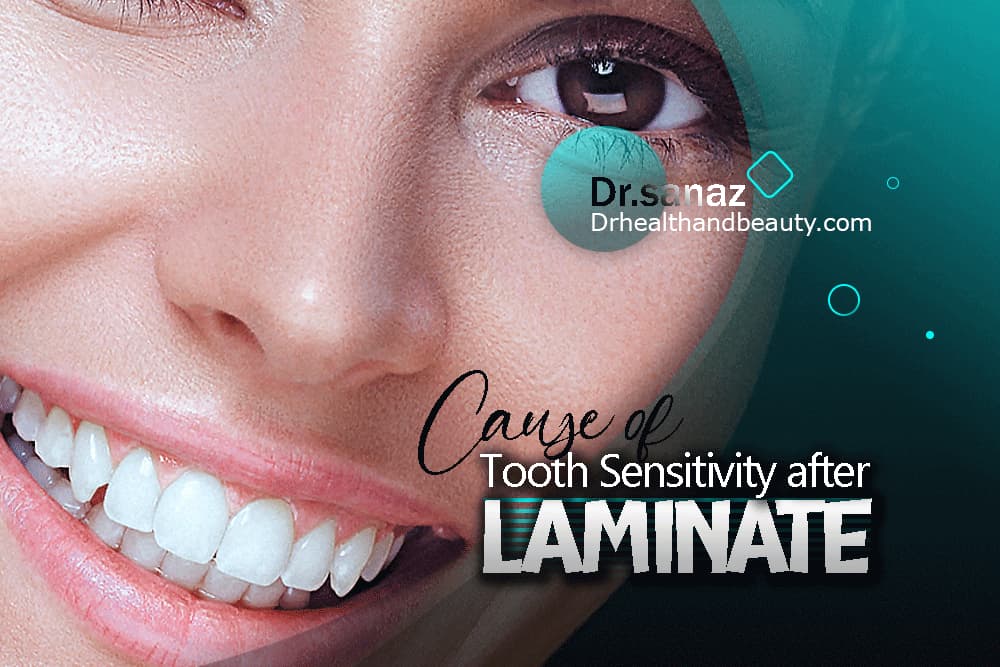
What Is The Cause Of Tooth Sensitivity After Laminate?- Drhealthandbeauty

